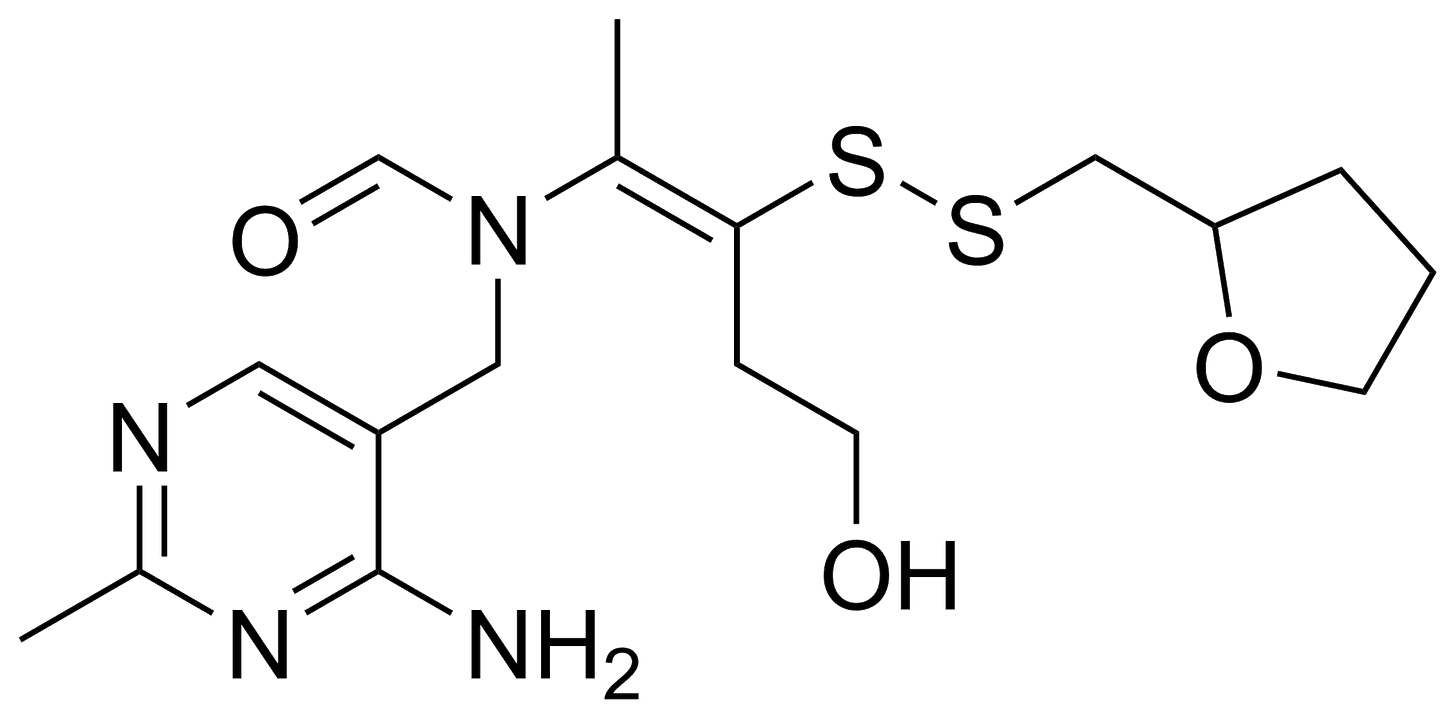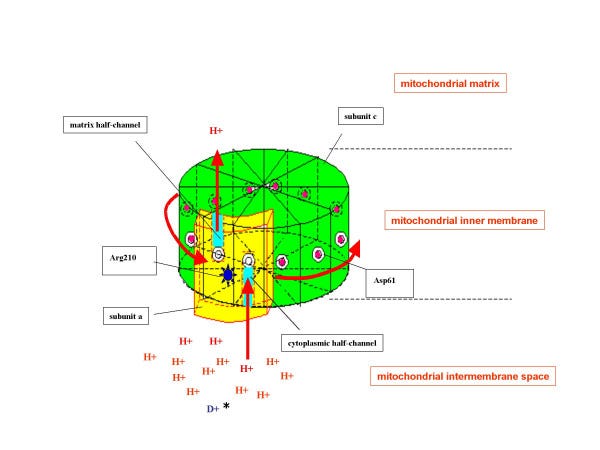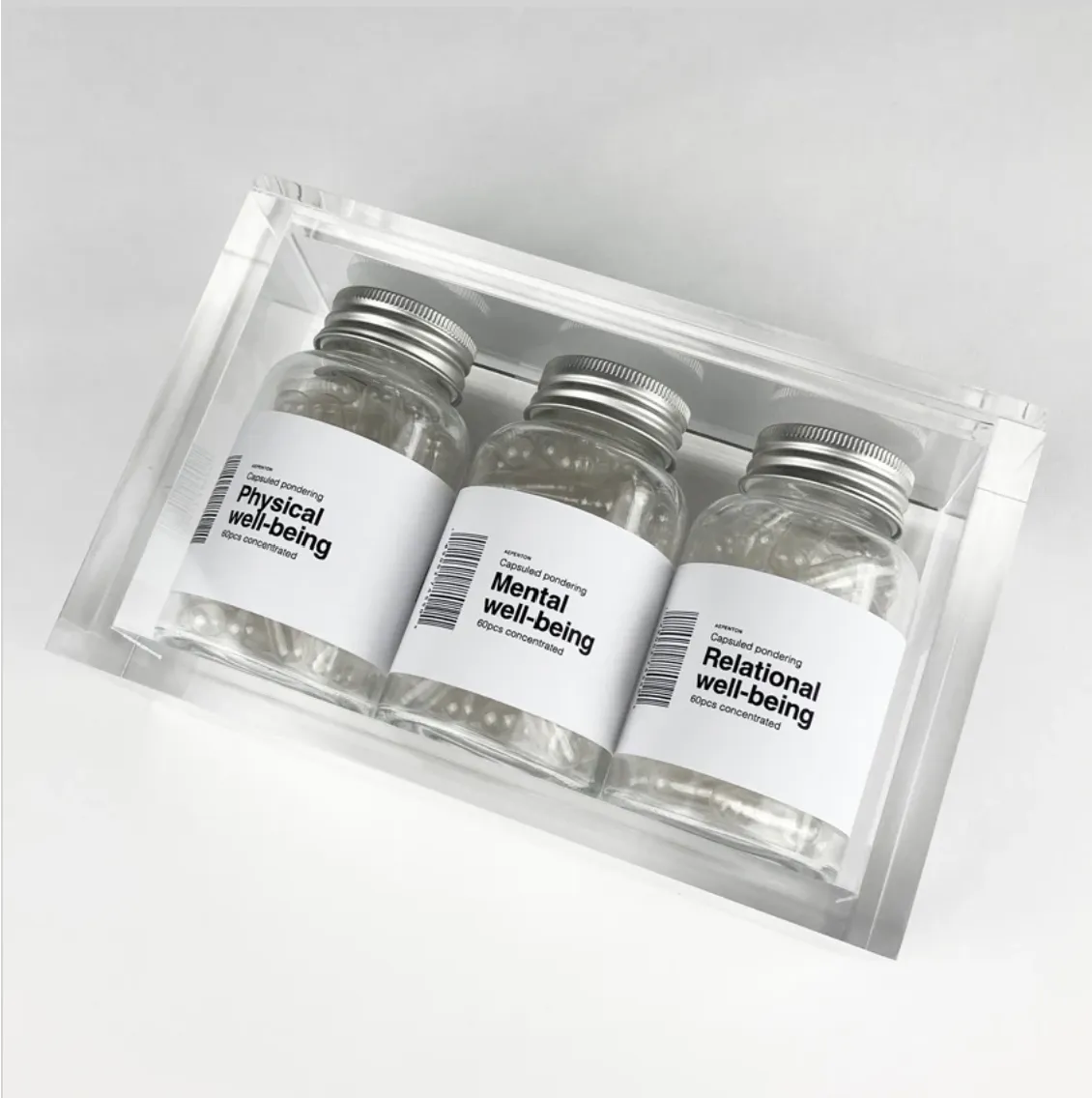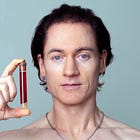The Role Of Supplements In The Modern World
Where unnatural environments call for unnatural solutions.
In 2023, the supplement industry was valued at approximately $177.5 billion USD. With humble beginnings in the production of vital supplies of cod liver oil in the 18th century, the industry has become inundated and gradually usurped by marketers and salespeople. The supplement industry preys on our modern instincts that (1) if some is good, more must be better and (2) that our bodies are fundamentally chemical machines. Both of these concepts are not only wrong, they are anti-useful.1
Supplements can broadly be conceptualised as isolated, concentrated compounds that can be administered in various ways to elicit specific responses from the body. More often than not, supplements are administered at supraphysiological doses, essentially meaning that such a dose would not be achieved in a natural setting. For clarity’s sake, this is where the use of a supplement becomes more like a drug than something to ‘supplement’ a dietary or endogenous level. For instance, a vegan who takes creatine is technically not ‘supplementing’ their diet and someone taking 500mg of niacinamide (RDI is approximately 20mg for reference) is leveraging this compounds as a drug; its therapeutic use goes beyond the scope of dietary adequacy.2 When using supplements, the door to unintended consequences is constantly left ajar. This is fundamentally due to our inadequate understanding of nutrient interactions in the body.
“The distinction between a drug and a supplement is a legal definition, not a biochemical one.”
Tim Ferriss
However, supplements can3 also be highly beneficial. The modern world leaves us exposed to many stressors and novel stimuli that we simply have not evolved to cope with. It is on this basis that supplements can provide a counterbalance to the inherently unnatural world we inhabit. While the idealistic view that food will provide all that is necessary is noble and perhaps sometimes true, the reality is that we are no longer stewards of the Garden of Eden. The delicate balance of life can be thrown into disorder by a thousand whispers of toxic, unrecognisable or adulterated constituents we are faced with each and every day.

When used judiciously and appropriately, supplemental nutrients can facilitate substantive improvements in health and vitality. Sometimes there are imbalances that can be effectively modulated by isolated, concentrated nutrients in a more reliable manner than others.4 The issue we face is bridging the gap between theoretical benefit to real life benefit. This gap exists because there are always more unknowns than knowns in the infinitely complex system that is the human body. If we are to make the best use of these critical tools, there must exist a framework within which reasoned and logical approaches guide us towards better decisions with lower risk profiles.
In order to understand the role of supplements (and how to navigate them) in the modern world, there are several key things that must be highlighted. Only once we can effectively examine these ideas can we use supplements the way they should be intended; to restore balance.
Biochemical Tensegrity
Nutritional supplements exist in a space where the general assumption is that we have extensively mapped nutritional compounds and their interactions with the body. This is an unfortunate misnomer where we erroneously believe that what we currently know is all there is to know; a misjudgment I have called ‘The Bryan Johnson Fallacy’. It is likely that we have mapped only approximately 1% of compounds present in various foods.4 This leaves us quite in the dark about what food really is and how it is capable of providing information to our bodies. We must then ask ourselves, if we don’t know the constituents in food or how they interact with each other or how this varies from individual to individual, is the use of isolated, concentrated nutrients like dancing on ice? Might we be one creatine supplementation away from an anxiety attack?5
This knowledge gap might not seem so bad as we appear to have a grasp on the nutritional components we are aware of like B vitamins, vitamin like compounds like inositol and mineral chelates. Much research has been conducted on the use of these compounds in a supplemental manner and some can be used quite effectively in clinical scenarios (like the use of zinc in stunted growth, for example). However, nutritional status in the body is subject to the dynamic and compensatory nature of tensegrity.

Tensegrity is a word formed from the two words tension and integrity. Instead of the linear dynamics exhibited by simple levers and pulleys, tensegrity models are inherently non-linear with each point in the system connected to every other. This concept was initially applied in architecture, later to biological structures and finally to biochemical systems. The key point is that nutrients do not respond to supplementation in a vacuum, they respond as a collective. Supplements are inherently powerful in altering this biochemical tensegrity system that is our body precisely because they are isolated, concentrated nutrients. This means that they are capable of producing large-scale shifts in the system by significantly influencing one node. Imagine putting your finger on a node of a spiderweb and moving it substantially in one plane - every other node in the web must move to accommodate the applied stress; in this analogy, the supplement.

All this is to say, when you take 400mg of magnesium glycinate, you are not just toggling the magnesium balance of the body, you are shaping the entire system in a manner not possible in nature, or in other words, like a drug. This can have very salutary effects in many people. The question is then, how do we know the ways in which the supplements we take influence the system as a whole? Sometimes taking zinc can cause plasma levels (the most reliable measure of zinc status) to decrease.5 The fact that we have not accurately mapped or understood this biochemical tensegrity system that is out body should give us warning that we ultimately do not clearly understand all that occurs as a consequence of nutritional supplementation.

“By sticking our own neologisms into the cell’s delicate grammar, we automatically risk garbling it in unforeseen ways.”
-Robert O. Becker, The Body Electric
Navigating this aspect of nutritional supplementation is difficult and often benefits from an experienced practitioner who has worked with supplemental medicine extensively. Even lab testing can be a red herring. For instance, a low plasma zinc level is not always remedied by zinc supplementation - sometimes such an approach could provide the opposite of the desired effect due to the fact that such supplements do not operate in a vacuum.
Source, Dose, Form, Frequency, Duration
Another perspective that is neglected in the role of supplements in the modern world pertains to the specific details about treatment. For this, I credit Dr. Anthony G. Beck for developing this framework within which to analyse decisions surrounding supplements. As he states so correctly, no practitioner should be recommending supplements to their patients/clients without going through these factors meticulously. If you do not outline these most basic questions, you have no business taking supplements.
Test, Don’t Guess: While there are some situations where educated guesswork and monitoring of symptoms can be extremely useful, generally there should be some sort of evidence to underpin the decision to supplement. More is not better in the world of nutrition. Balance in key.
Source: Where is the supplement from? Is the company manufacturing the supplement third party tested? Do they post their heavy metals testing on their website? Is it sourced from somewhere with a contamination issue? Is it USP grade?
Dose: How much of the supplement do I take at a time? Is it a physiological dose or a supraphysiological dose?
Form: It is magnesium glycinate or magnesium citrate? Do I take methylated B vitamins or unmethylated B vitamins? Do I take an ethanol extract or dried form? Is it sublingual or do I ingest it? Is it IV or suppository?
Frequency: How often am I taking the dose? Once a day? Three times a day? With food? On an empty stomach?
Duration: For what period of time should I be utilising this supplemental protocol? 14 days? 3 months?
These are critical factors that must be outlined clearly before engaging in any sort of supplemental regime.
“It’s called ‘holistic’ medicine because they give you a ‘whole-list’ of supplements to take.”
Anthony G. Beck
Contamination & Isotopic Enrichment
It is also vital to point out the issue of contamination. The supplement industry is notoriously unregulated, allowing vendors and companies to bypass measures that should be in place to protect the consumer. The supplement industry benefits from turning a blind eye to concerns like heavy metals, pesticides or plastics. Sourcing and testing would cost businesses time and money, making their products less profitable. This actually disincentivises companies from acknowledging the issue at hand. As a result, independent analyses of various supplements have revealed levels of contaminants that most consumers would deem unacceptable. This is extremely unfortunate as people are spending their money with the hopes of improving their health, not damaging it.
Another less publicised issue regarding supplements refers to their isotopic contents. Nature is adept at using various atomic isotopes to construct biomolecules. Work on deuterium has shown that deuterium (the stable heavy isotope of hydrogen) is placed in specific locations of fatty acid molecules, suggesting that isotopic resonance effects are key in their biological function. In nature, these isotopic distributions are controlled through meticulous biosynthetic pathways. However, synthetic supplements do not take isotopic effects into account at all.

There should be genuine concern that supplements could be ‘enriched’ with isotopes that not only alter the function of the compound in the body, but perhaps also impede on the capacity for energetic flow. This is particularly the case with deuterium, where its excess can damage mitochondrial function and potentially initiate the conditions conducive to malignant neoplasms. There are currently no supplements on the market that can speak to the isotopic constitution of their synthetics. The incorporation of hydrogen, nitrogen, oxygen and carbon isotopes in unnatural locations will lead to unnatural dynamics. This should be a concern for all synthetics, everything from B vitamins to acetyl-L-carnitine to glycine. We simply do not understand the potential consequences of this issue.
Marketing
The supplement industry is worth almost $200 billion USD. It is important to acknowledge that marketing is a massive part of the conversation. Supplement companies sell the same dream that drug companies sell: ‘take this pill and you will feel better’.

The claims made by supplement companies rarely (if ever) acknowledge biochemical individuality or the impact of nutritional tensegrity. Their power lies in the dream that they sell. This strategy has worked so well that these companies are embedded so deeply into the alternative/natural medicine space such that many practitioners rely on the income they make from kickbacks.
Many supplement companies today are simply ‘re-lable’ brands who take an existing product and repackage it. This is what Paul Saladino did with his company, ‘Heart and Soil’. These supplements are just the ‘Ancestral Supplements’ in a different bottle with a different label and tagline. This highlights the marketing drive of the supplement industry, as without strong marketing and appeal, even superior products fall into obscurity. What is particularly disappointing about the supplement industry is that they prey on those most vulnerable, those who are struggling most with their health and often those who don’t have the financial flexibility; and these individuals are sold on the falsehood of the dream.6 To go further, redirecting this allocation of spending towards a few simple things like incandescent lightbulbs or stainless steel cookware would have tangible long-term benefits to themselves and their families.
What is important to understand is that supplements are probably 95% marketing and 5% essential medicine. However, sorting the wheat from the chaff can be quite difficult. Ultimately, there are relatively few scenarios that would warrant any sort of continuous or long-term supplementation. Insufficiencies can almost always be remedied by dietary adjustments, and if supplementation is needed, it is for a relatively short amount of time.7 This is not the opinion of supplement companies, who imply that supplements are long-term strategies for health.

Nutritional supplements have an indispensable place in the modern world. In an ideal world, we would have no need for isolated, concentrated nutrients as all of our needs would be provided in a perfect balance. Unfortunately the modern world is far from this perfect place. Here, a niche is opened for supplemental medicine to act as a counterbalance. However, the current state of the industry is such that the following ideas have been cemented in the zeitgeist:
More is better.
Nutrients do not interact.
Synthetics are analogous to natural forms.
We currently know all of the nutritionally relevant compounds and their effects.
These ideas are wrong, but they hold up the edifice of the whole industry. The reality is that most of the time, supplements can do more harm than good. What makes this exponentially worse is the fact that it is exceedingly difficult/impossible to know in what ways the secondary effects are impacting you.
In the end, there are very positive aspects of supplemental medicine. There continues to be an important place for things like vitamin E in our world of seed oils or creatine in specific scenarios. But we must approach this with the humility and understanding that we don’t truly understand what’s going on when we take an isolated, concentrated nutrient. Thus, we have to be wary and vigilant about their uses. At the end of the day, the more we can achieve through a healthy diet, the better we are going to be.
Summary
The supplement industry is an almost $200 billion USD venture. Where there is money to be made, there are marketers to twist, bend and obscure the truth. This is in service of selling the same dream the pharmaceutical companies sell: take this pill and you will feel better.
Supplements are isolated, concentrated nutrients that are more often than not, synthetically made. Their use, particularly at supraphysiological doses makes them more like a drug than something that ‘supplements’ a dietary intake.
We do not understand the full spectrum of constituents that comprise food, let alone how they interact in the body. Biochemicals exist within a tensegrity structure where each nutrient influences each and every other nutrient. When using supplements, the non-linear effects of such a powerful signal on the system become increasingly unpredictable.
When using supplements, it is critical to outline source, dose, form, frequency and duration. Nutritional testing is also critical, utilising a ‘test, don’t guess’ approach.
The industry is insufficiently regulated, allowing contamination of various kinds subvert attention and litigation. Contamination with heavy metals, pesticides and plastics presents a serious problem for those trying to navigate the supplement space.
Nature goes to great lengths to incorporate specific isotopes into nutritional compounds - something supplement manufacturers are not even aware of. By synthetically manufacturing chemicals, no isotopic parameters are controlled. The consequences of this are yet to be uncovered, however, isotopic resonance predicts tangible kinetic and quantum effects.
Supplements can be life saving, and have a unique and important place in health and medicine. However, for various reasons, their use is rarely guided by an understanding of complex, non-linear interactions. Supplements have their place, but very few take the right approach.
Supplements are a tool that can assist in balancing the body in suboptimal environments.
Related Articles
For more about the idea of anti-usefulness, my article, ‘Building a New Philosophy of Health’ provides a background on identifying and avoiding incomplete ideas.
I’ve made the same distinction between sunlight and red light therapy. Red light therapy is using light as a drug. This is not necessarily bad, however, once something is isolated and concentrated in a manner that is not accessible in nature, the risk profile for side-effects (both known and unknown) increases drastically. The unnatural or ‘drug-like’ nature of the stimulus can provide net-positive effects if used appropriately, but there also exists the real possibility that, for reasons beyond our current understanding, such a ‘drug-like’ approach could also yields net-negative effects.
I am deliberately emphasizing the word ‘can’ throughout this article as in the milieu of unique environments and unique biochemistry, it is impossible to speak of specific outcomes.
Magnesium, for instance, seems to be a nutritional supplement that tends to provide net beneficial effects. This may be due to several happenstances in the modern world such as soil depletion, excessive electromagnetic stress, compensatory breathing habits that tax the kidneys as a result of poor facial growth etc.
For anyone interested in the potential side-effects of creatine (or any supplement that can impact methylation for that matter), I encourage you to delve into Chris Masterjohn, PhD’s Substack. He covers this really well. I specifically share this as an example as it is what happened to me last year. It turns out that creatine is not for everyone - something I had to learn the hard way.
I have not spoken about the placebo effect here deliberately as I felt it deserved an article of its own. However, it is clear that much of the beneficial effects of supplements are down to the beliefs instilled by the marketing of these modalities. Unfortunately, this allows the industry some breathing room in some sense, as short-term testimonials are relatively easy to come by. Long-term efficacy is almost non-existant, suggesting beliefs or attention on the supplement fades.
The practitioners I have worked with never supplement for more than 12 weeks without further testing.








